Table of Contents
In recent days, it’s hard not to be logged on to the social media network. Whether it’s Facebook, Instagram, Twitter or other lesser-known platforms, almost every one of us has at least an active account. With increased suggestions that linked social media usage to social anxiety, it pays to clearly discern the truth from the myth.
Social Anxiety At A Glance
You know that you’re more than just shy when you feel overly self-conscious when speaking up to other people. Most people who suffer from social anxiety would barely have the courage to voice their opinions.
Social anxiety is a disorder when you experience unexplainable phobia in seemingly casual interaction. You tend to feel like being judged for every word that you say, appearance or just by being present in a room.
Often, it’s hard to pinpoint what causes social anxiety but it’s often attributed to bullying, abuse, public humiliation and other traumatic experience you may experience at childhood. Most people realized they are socially anxious when they feel unexplainable fear when interacting with people.
Suggested Reading: Why Do I Have Social Anxiety
Why People With Social Anxiety Turns To Social Media
It’s hard to get people with social anxiety to actually meet up and have a casual conversation. Yet some people with social phobia have no problems voicing their thoughts on social media platforms. In a sense, it offers a safe haven for them to interact compared to a real-life conversation.
A common misconception is that people with social anxiety love being alone. This is not true, at least for most of them. It’s simply that the fear of social interaction overwhelms the desire for companionship. If you shied away from the society due to social phobia, it is common that you crave for companionship.
With no options to turn to, social media seems to be the best and safest place for people with social anxiety to interact. After all, typing words on the keyboard feel safer than looking into a person’s eye and feeling insecure.
Some social media support group on Facebook offers a safe and non-judgemental environment for people with social anxiety to be themselves. It seems that spending time on social media is the perfect escape if you’re suffering from social anxiety, but what are the consequences?
Does Social Media Aggravate Social Anxiety?
It is undeniable that obsessive social media usage does have an effect on our mental health, as pointed in the result of a scientific study. Social anxiety often results in an individual cutting off from the actual society. Spending excessive time on social media only gives a false perception that digital conversation is an equivalent to interaction in real life.
This results in self-isolation that seems to get worse in time. And self-isolation only leads to a never-ending cycle of social anxiety. Self-isolation is so deadly that it can cause a relapse even after you’ve overcome social anxiety.
But there are more factors that can aggravate your social phobia. When you’re on a social media platform like Facebook, it’s hard not to compare your life to the pictures posted by others. Often, it escaped us that people only posted the happier part of their life.
We missed out the fact that everyone experiences negative scenarios where they feel bad about themselves. It’s only that those personal moments are rarely shared online. When we compare our life to others, it only lowers our self-esteem.
Read: How To Build Self Esteem And Confidence To Defeat Social Anxiety
It is also common for people to post your thoughts and be obsessive about the ‘likes’ or ‘comments’ that they will get. Some people freaked out when they are no engagement from other members. It made them feel worthless and underserved, both a perfect recipe to aggravate social anxiety.
But does that means that social media is all bad when it comes to social anxiety?
No.
How To Use Social Media To Boost Your Confidence
Despite the ongoing facts from experts that denounce social media as a cause for aggravating social anxiety, it can help you to boost your confidence. I’ve suffered from social anxiety for 15 years minimum. And unlike others who have no problems posting and sharing on social media, I’m one who cringed at the idea of doing so.
At its worst, I was extremely self-conscious and fear judgment on every single word that I share on my Facebook. But social media plays an important role in building my confidence and self-esteem to do what I’m doing now.
I started my sharing inspirational quotes on my wall not knowing with thoughts of whether will anyone bother to ‘like’ it in my mind. Again, that’s what social anxiety is about. After getting a few engagements, I become bolder and add a few words of my own on the posts.
One thing would lead to other and now, I’m a blogger, writer and have mustered the courage to speak on a stage.
Read: How I Break The Curse Of Social Anxiety
What I’m trying to point out is, social media can be an agent that worsen your social anxiety, or it could be a useful tool to help you overcome it. As long as you have the right expectations, i.e. social media is not an equal replacement for real-life interaction, and it’s ok for your posts not to be ‘liked’, then it does not harm your self-esteem.
Do you find social media hurting your social anxiety? Or do you feel more confident after engaging on social media? Share your thoughts in the comment below.
Related:
- How To Get Rid of Social Anxiety (Even If It Seems Impossible)
- How To Help Someone With Social Anxiety Without Causing More Harm
- 7 Signs You Are Beating Social Anxiety Just By Doing The Right Thing
- How To Unclutter Your Mind And Stop Worrying
- Best Way Of Dealing With Rejection Without Crushing Your Self Esteem

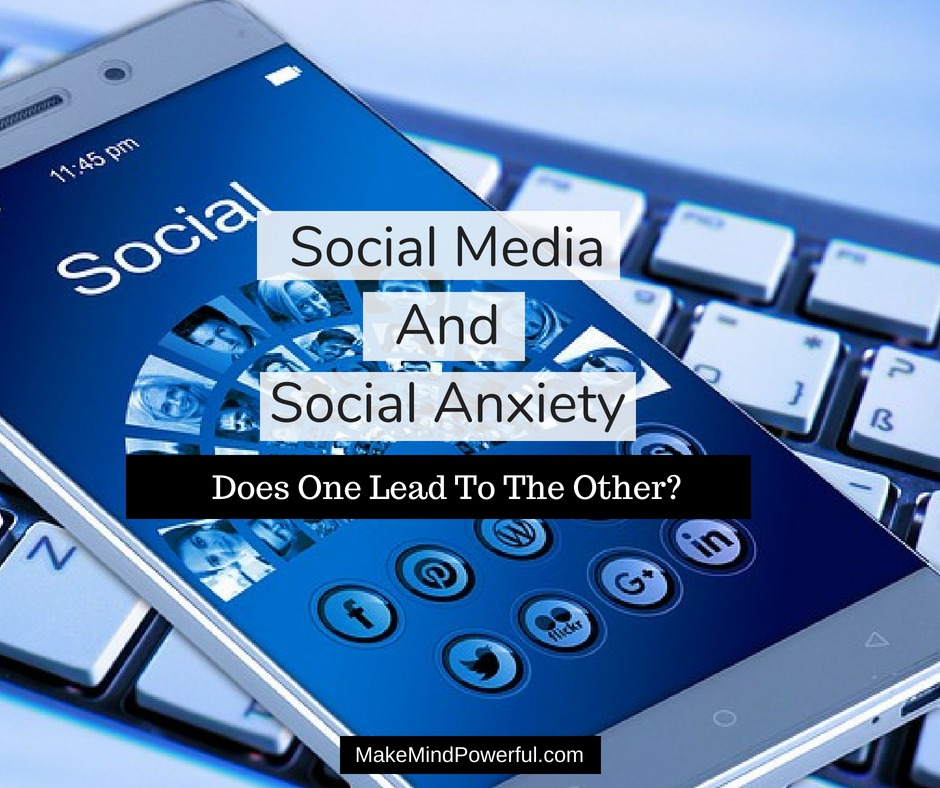
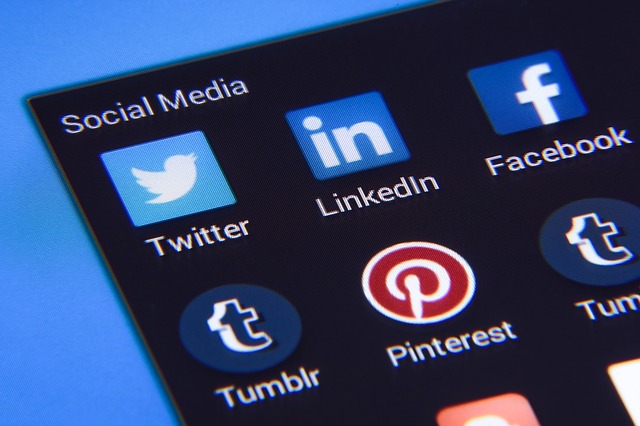
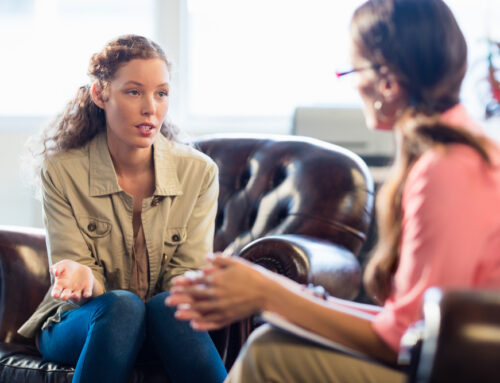
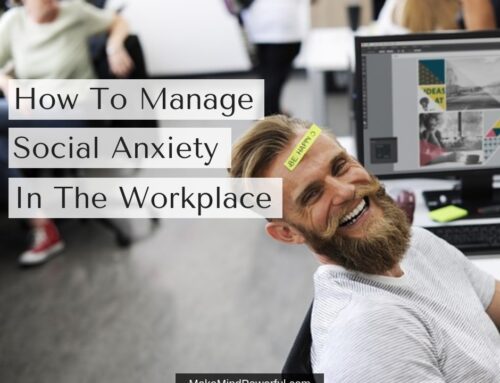
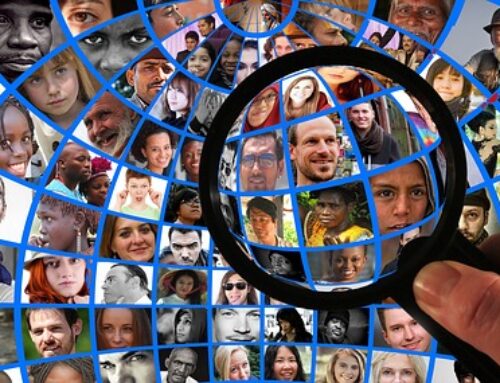
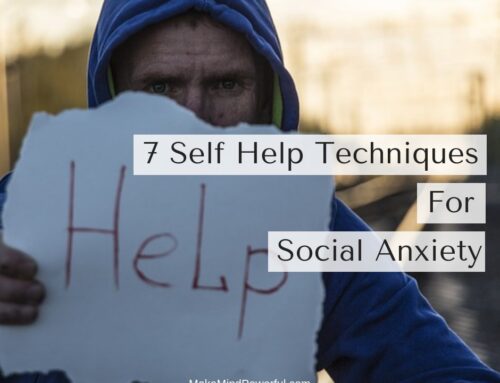
Leave A Comment